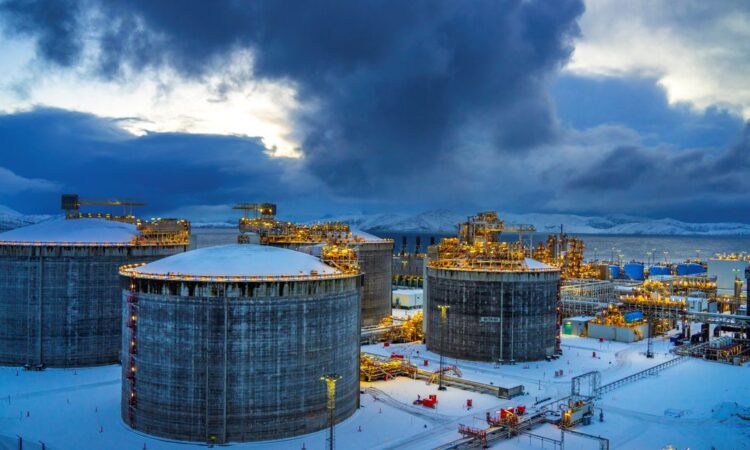
HONG KONG, Feb 7 (Reuters Breakingviews) – Beijing’s energy policy will indirectly support Europe. A post-Covid economic rebound will increase the country’s appetite for liquefied natural gas, which Europeans covet after shunning supplies from Moscow following Russia’s invasion of Ukraine. Yet, Beijing’s push to hike pipeline imports, use more coal and boost domestic gas production should contain the rise in Chinese demand for the liquid fuel in 2023. That could ease the pain for gas-hungry Europe.
In 2021, the People’s Republic was the world’s top LNG buyer. But its purchases dropped 20% to 64 million tonnes, or 88 billion cubic metres (bcm) in gasified form the following year, when lockdowns depressed economic activity. Soaring gas prices in Europe meanwhile prompted Chinese traders to redirect U.S. cargos secured through cheaper long-term contracts to the war-hit continent for a profit, a trend that may continue. The European Union imported a record 131 bcm of LNG last year, 60% more than in 2021, Kpler data show.
China’s economic outlook has brightened after Beijing abruptly abandoned its zero-Covid policy in December. Yet, slumping real estate and weakening exports suggest the rebound will be less overwhelming than when the Asian country first relaxed Covid restrictions in 2021. Top industry body China Electricity Council estimates power consumption, a key gauge of economic activity, will grow just 6% in 2023 against 10.3% in 2021. That’s why Chinese LNG imports are forecast to rise just 7% this year to 94 bcm, according to data provider OilChem China, or 14% below their 2021 peak.
Latest Updates
View 2 more stories
There are more reasons to believe China’s reopening will not exacerbate Europe’s gas scramble. Hit by power shortages in 2021, Beijing has heavily refocused on coal, which accounts for about 60% of total energy consumption. Last year, China’s coal output rose 9% to a record 4.5 billion tonnes and is expected to increase further in 2023. The government also wants to reduce reliance on volatile and pricier LNG purchases by producing more gas at home, and securing more gas via pipeline, especially from neighbouring Russia. Flows into China through the 3,000-kilometers Power of Siberia network should rise to 22 bcm this year from 15 bcm in 2022, according to S&P Global Commodity Insights.
While strengthening its own energy security, China may accidentally help keep Europe warm.
Follow @ywchen1 on Twitter
CONTEXT NEWS
European Union regulators launched a new reference price for liquefied natural gas (LNG) on Feb. 2 as part of plans to cap the bloc’s benchmark gas prices, which soared to exorbitant levels in 2022 as Europe tried to curb its Russian imports.
Chinese LNG imports are expected to rise 7% to 94 billion cubic metres in 2023 from a year before, according to data provider OilChem China.
Chinese imports of LNG dropped 20% to 88 billion cubic metres in 2022 from record levels the year before as Covid restrictions hit economic activity in the People’s Republic.
Editing by Lisa Jucca and Katrina Hamlin
Our Standards: The Thomson Reuters Trust Principles.
Opinions expressed are those of the author. They do not reflect the views of Reuters News, which, under the Trust Principles, is committed to integrity, independence, and freedom from bias.






